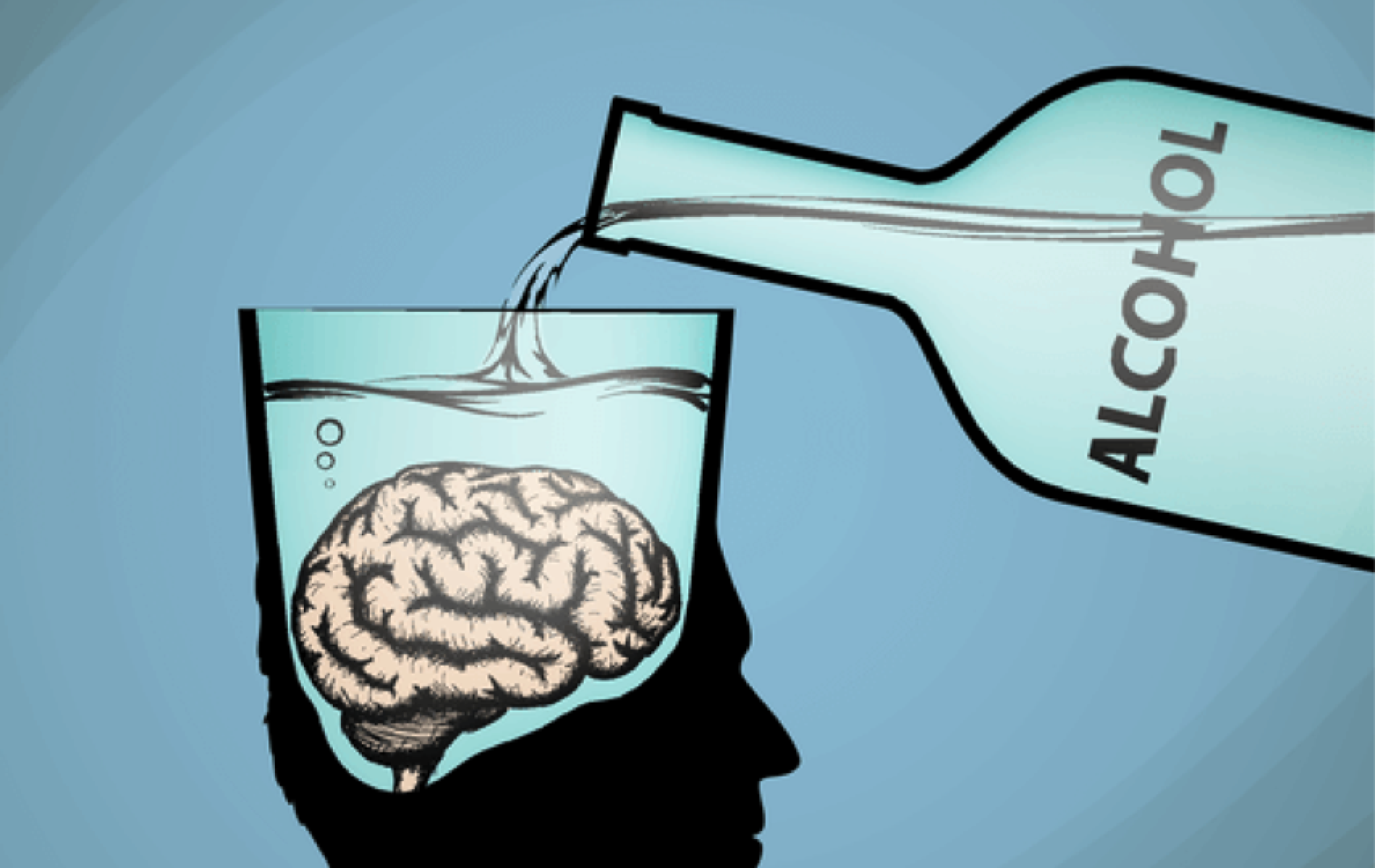Have you ever wondered why some people love sugar so much? Or why some people cannot seem to go a day without eating candy bars or other sugary snacks? Maybe you’ve wondered why it feels like you’re hardwired to want all those sugary treats. Well, the answer actually lies within our brains.
But first, here is a short history lesson about our brains and sugar. According to an article published by Live Science, when ancient humans were walking the Earth they ate diets that were very rich in glucose, a type of simple sugar that is commonly found in everyday diet. Sugar gives fruits their sweet and tangy taste. Glucose is also an excellent energy source for all forms of life, including our ancient ancestors.
The reward system of our brain (known as mesolimbic dopamine system) is activated when we enjoy an experience such as kissing someone we love, feeling warm when it is cold outside, or eating a delicious meal. It releases the brain chemical messenger known as dopamine. Dopamine is our brain’s way of telling us that an event is positive. Therefore, every time our ancient ancestors had a bite of a fruit, their brains would release dopamine as a way to let them know it was a good thing and to eat more. This reward system is the reason you always want more than one bite of cake at a birthday party. It’s also the reason why you might start craving a donut or candy bar just by looking at it. Your brain associates the sweet treats with dopamine release and essentially wants you to eat them so the dopamine gets released.

So if our brains love sugar and even reward us for eating it, then surely it cannot be as bad for us as people say, right? Well, not exactly. This article, by Live Science, shows that sugar is not bad for you but it also isn’t good for you either. Sugar itself does not contain any vital nutrients for our bodies so foods like candy bars and drinks like soda that are calorically dense only provide empty calories and negatively affect our health if they are consumed in great amounts. Indeed, as many of us know, sugar is not the best thing for our bodies. Having too much sugar in your diet can lead to many health problems such as diabetes, heart disease, and obesity.

There is one more problem with sugar. The more you eat sugary food, the more you become addicted to them and the more you crave them. Usually, the logical “control system” in the front of our brain gets activated when we eat too much, which orders us to stop eating. However, when the dopamine “reward system” gets dosed up with sugar, it overrides this logical part of our brain. The result is that you eat more sugary stuff, even though you know very well excessive consumption of sugar is bad for your health. And the more obese you get, the more the reward system of your brain gets in control of dictating your eating sugary foods.

There is one more problem with sugar. The more you eat sugary food, the more you become addicted to them and the more you crave them. Usually, the logical “control system” in the front of our brain gets activated when we eat too much, which orders us to stop eating. However, when the dopamine “reward system” gets dosed up with sugar, it overrides this logical part of our brain. The result is that you eat more sugary stuff, even though you know very well excessive consumption of sugar is bad for your health. And the more obese you get, the more the reward system of your brain gets in control of dictating your eating sugary foods.

So, is there a way to resist your brain when it tells you “one more slice of cake”? Of course, there is. Simply put, you need to work on super-charging the logical part of your brain before you are exposed to food and get ready for the upcoming temptations. You train yourself to avoid eating more than one serving of the sweet deserts. When you see the slice of cake, you have been warned and prepared already. Picture yourself being getting more addicted if you keep eating sugary treats and walk away without getting a second serving. Quitting sugar addiction is very similar to quitting alcohol, cigarettes, or drugs.

Here are some ways you can wean yourself off sugar addiction:
- Limit your sugar intake to about 25 grams per day, as recommended by the World Health Organization.
- Check nutrition facts on deserts as they may contain surprising amounts of sugar.
- Eat more fresh fruits as they contain less pure sugar and more of the necessary nutrients for your brain and your body.
- Totally stay away from food and drinks that are high in sugar content (like candy bars, sweetened sodas, and cookies).
To learn more about what food items are best for improving your brain fitness, please visit our website at NeuroGrow.com



